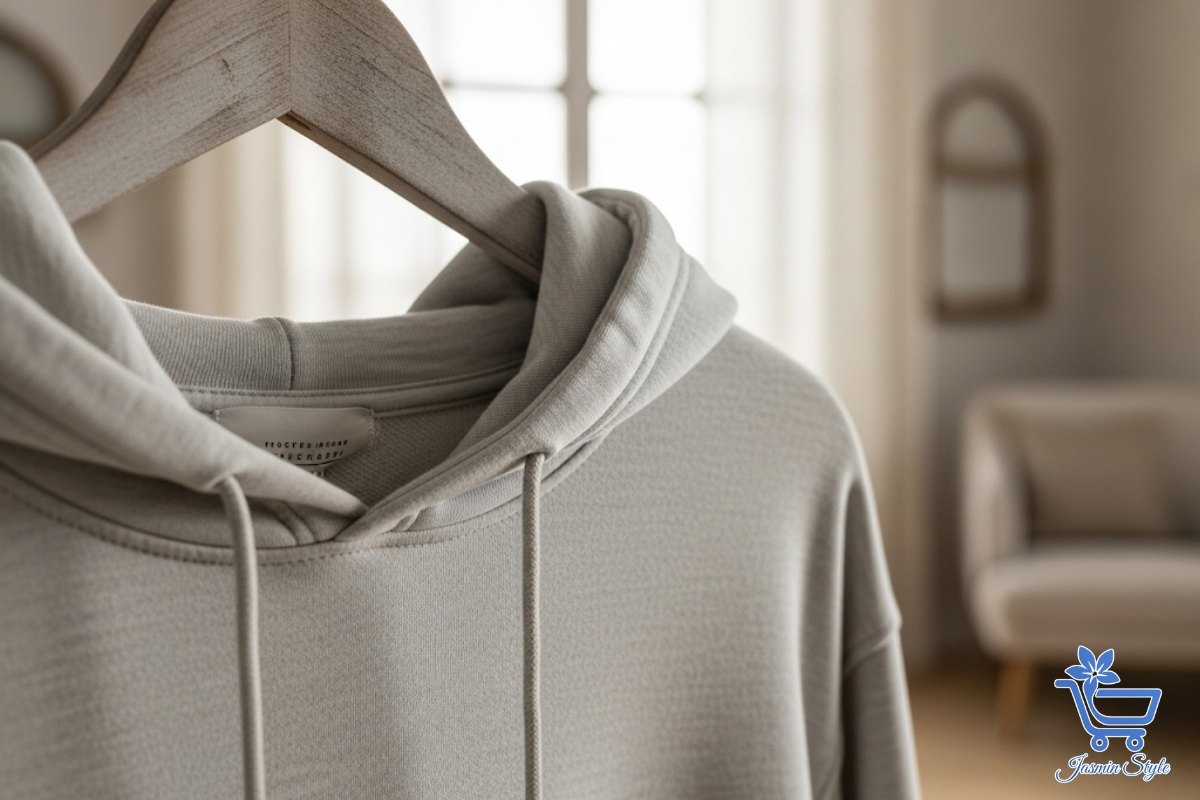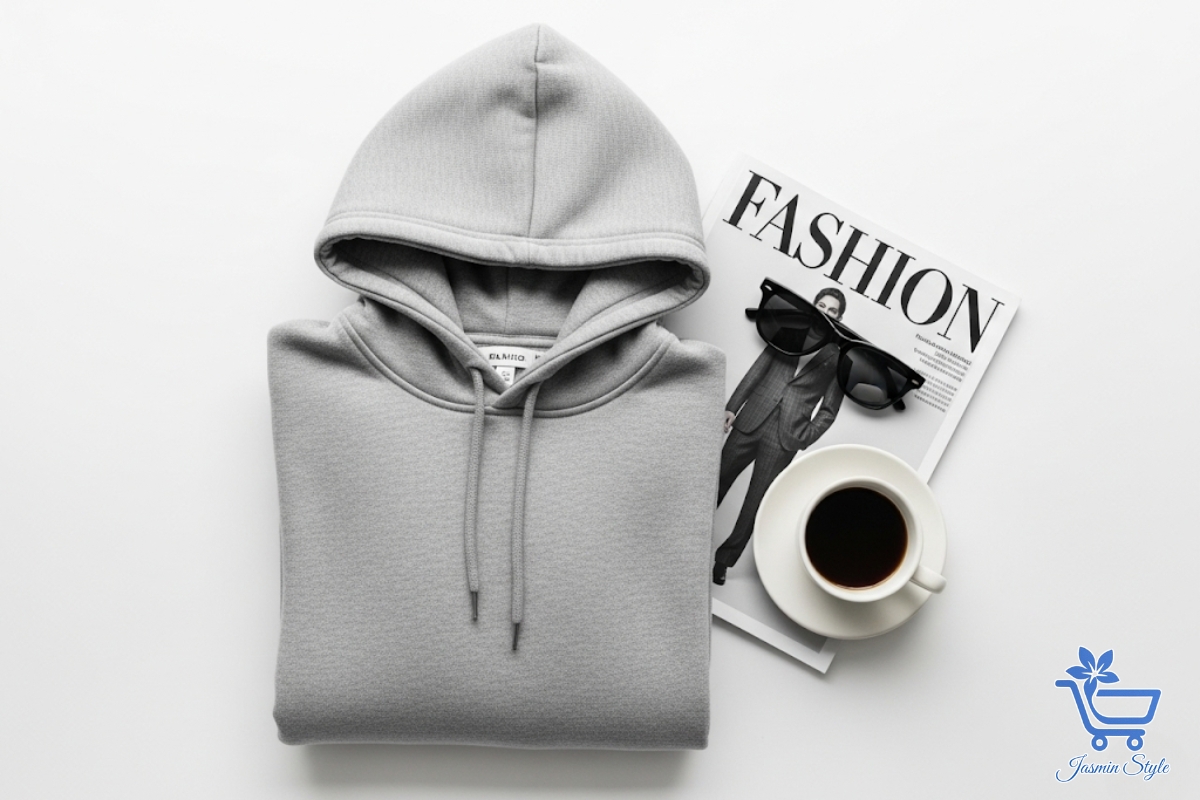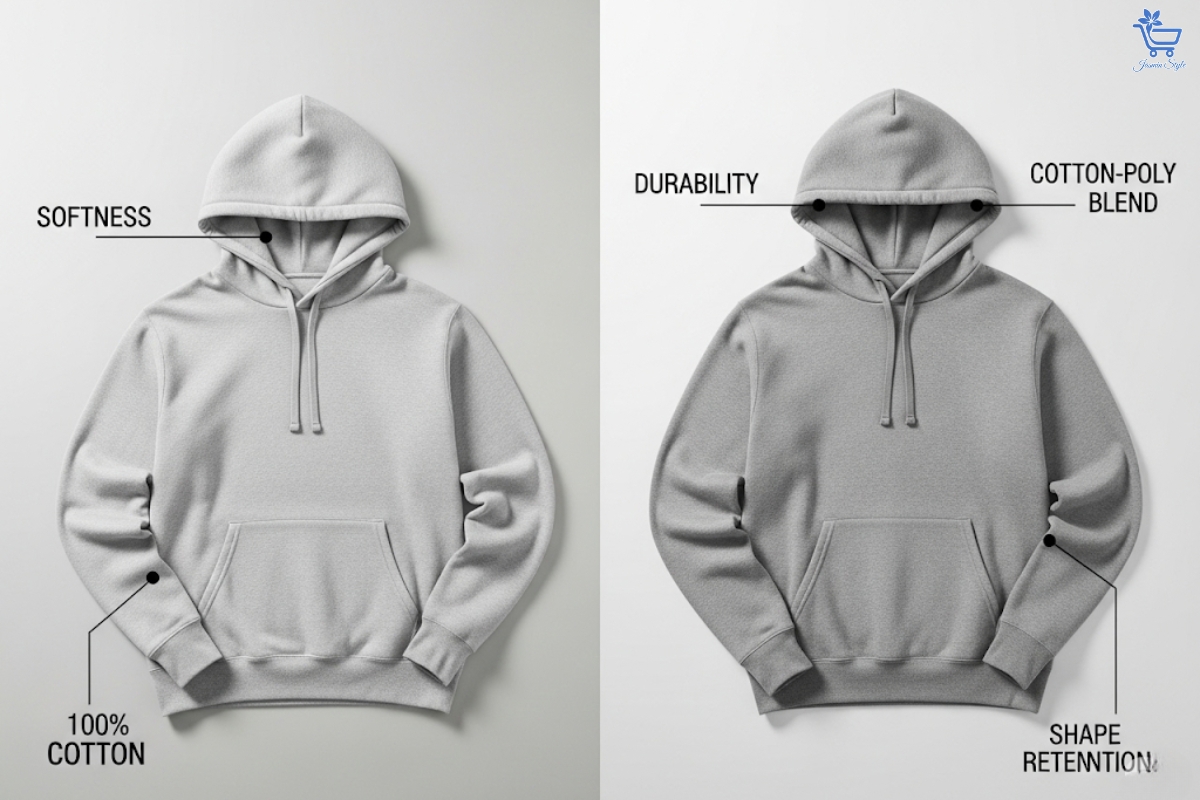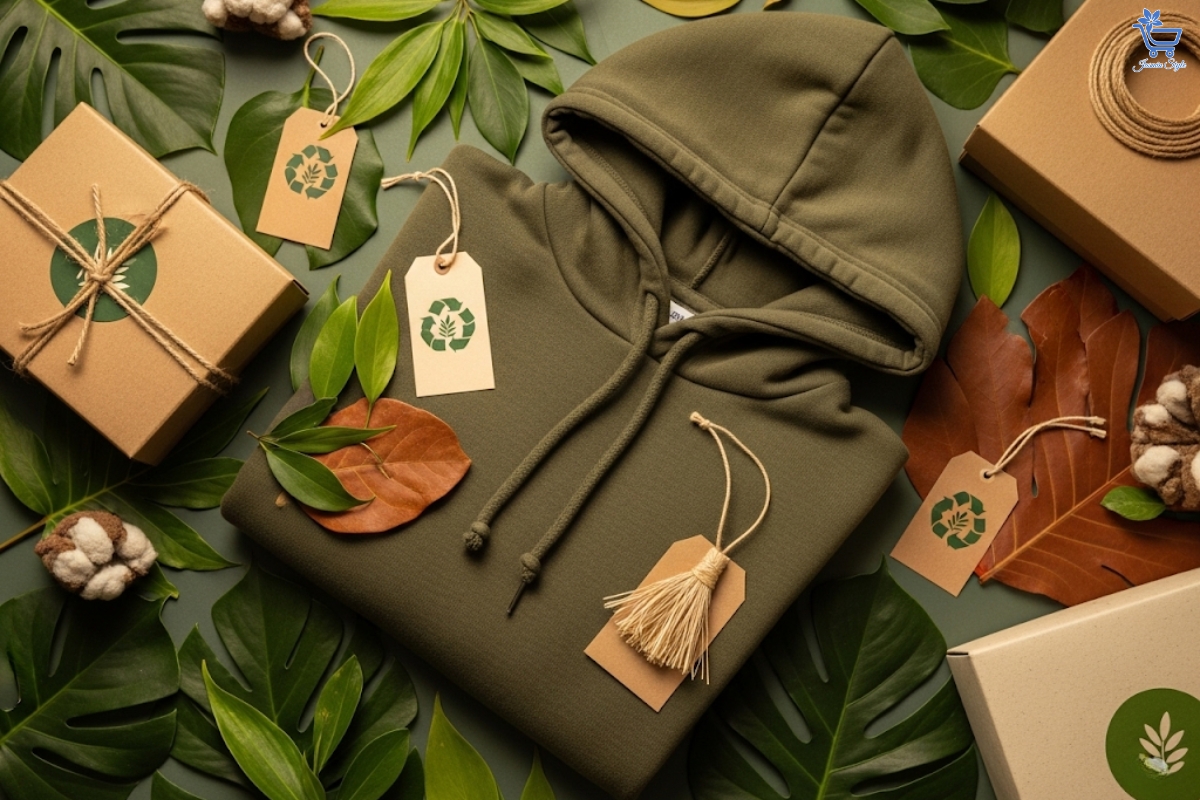Hoodie
What Hoodie Material Is Best?
What Hoodie Material Is Best? A Guide to Comfort, Style & Durability
Whether you’re pulling one on for a brisk morning walk, lounging on the weekend, or layering it under a jacket, the humble hoodie is a true wardrobe essential. But have you ever stopped to consider what it’s made of?
Choosing the best fabric for hoodies isn’t just about looks—it’s about how it feels, how long it lasts, and how well it suits your lifestyle. From breathable cotton to ultra-warm fleece, different materials bring different benefits. In this guide, we’ll break down the most common hoodie fabrics, compare their pros and cons, and help you choose the right one for your needs.
Common Hoodie Materials (And Why They Matter)
Let’s start with a hoodie material comparison to understand what options are out there and what makes each one unique.
1. Cotton
One of the most popular hoodie materials, cotton is soft, breathable, and natural. It’s often used for casual and everyday hoodies.
- Pros: Soft and breathable, hypoallergenic, absorbs moisture well
- Cons: Can shrink in the wash, takes longer to dry, less warm than synthetic options
Best For: Everyday wear, mild weather, people with sensitive skin

2. Polyester
Polyester is a synthetic material often used alone or blended with cotton to create a more durable hoodie.
- Pros: Durable, wrinkle-resistant, quick-drying, holds shape
- Cons: Less breathable, can feel less soft against the skin
Best For: Workout hoodies, layering pieces, activewear

3. Fleece
When warmth is the priority, fleece hoodies are a go-to. Usually made from polyester, fleece is soft, fuzzy, and insulating.
- Pros: Excellent warmth-to-weight ratio, soft interior, retains heat well
- Cons: Can pill over time, not breathable, may feel bulky
Best For: Cold weather, lounging, outdoor wear

4. French Terry
A stylish mid-weight option, French terry fabric has a smooth outer surface and looped interior. It’s popular for lightweight hoodies with a polished look.
- Pros: Breathable, moisture-wicking, comfortable year-round
- Cons: Not as warm as fleece, may stretch over time
Best For: Transitional weather, layering, fashion-forward outfits

5. Cotton-Polyester Blends
Many hoodies are made with a cotton-poly blend, offering the best of both worlds.
- Pros: Soft yet durable, wash-friendly, less shrinkage
- Cons: May trap heat, less sustainable
Best For: Everyday use, travel, general versatility

6. Sustainable & Organic Fabrics
Eco-conscious shoppers often look for organic cotton, recycled polyester, or bamboo blends.
- Pros: Environmentally friendly, breathable, chemical-free
- Cons: Higher cost, fewer style options
Best For: Sustainable fashion fans, sensitive skin, long-term investment

Which Hoodie Material Is Best for You?
There’s no one-size-fits-all answer. The most comfortable hoodie fabric depends on how and where you plan to wear it. Here’s a quick breakdown:
| Use Case | Recommended Material |
|---|---|
| Everyday Wear | Cotton or cotton-poly blends |
| Cold Weather | Fleece or heavyweight cotton |
| Workouts | Polyester or French terry |
| Lounging at Home | Fleece or organic cotton |
| Layering | French terry or lightweight blends |
| Travel/Commuting | Blends for durability & comfort |
Tips for Choosing the Right Hoodie Material
- Climate Matters: Cotton or French terry for warm climates; fleece for cold days.
- Lifestyle Fit: Gym-goers should pick polyester. For lounging, go with fleece or organic cotton.
- Care Preferences: Don’t want high-maintenance? Choose polyester or cotton-poly blends.
- Style Goals: Want a sleeker look? Try French terry or lightweight cotton blends.
- Eco-Considerations: Choose organic or recycled materials for a greener wardrobe.
Final Thoughts: What’s the Best Fabric for Hoodies?
The best hoodie material is the one that aligns with your needs—whether it’s softness for lounging, stretch for activity, or warmth for layering up. Cotton remains a classic, while blends bring versatility and durability. For those chilly days, fleece can’t be beat.
So next time you shop for a hoodie, don’t just focus on the color or brand—check the label and feel the fabric. Your perfect hoodie isn’t just about style—it’s about how it fits your life.
Want More Hoodie Tips?
- Should You Hang or Fold Hoodies?
- Are T-Shirt Dresses in Style in 2025?
- Trendy Hawaiian Shirts for Women in 2025





